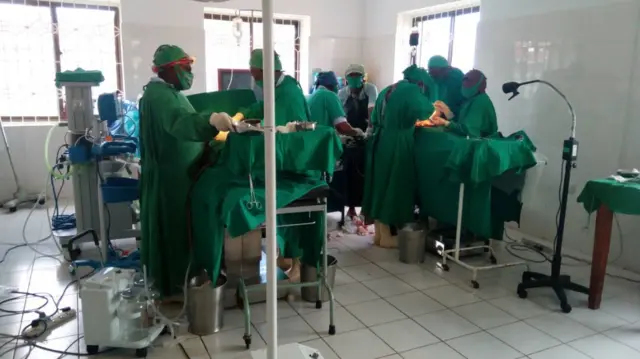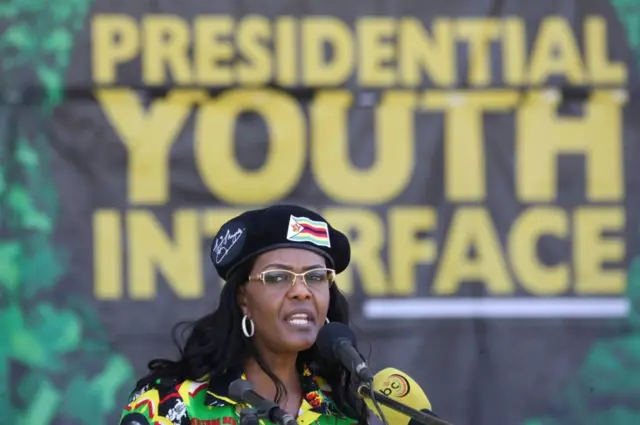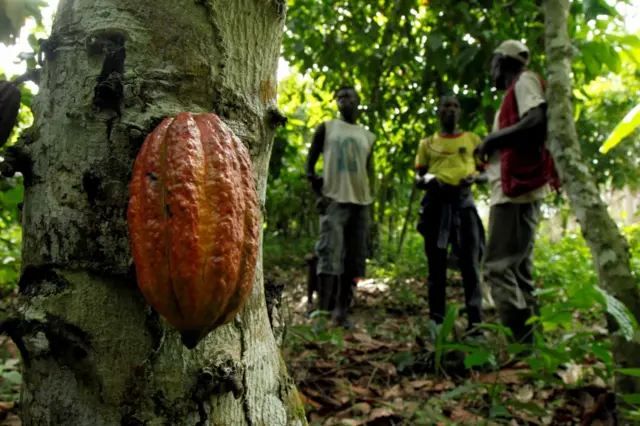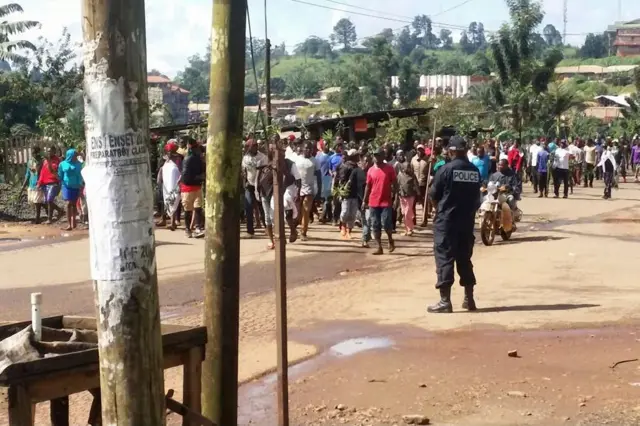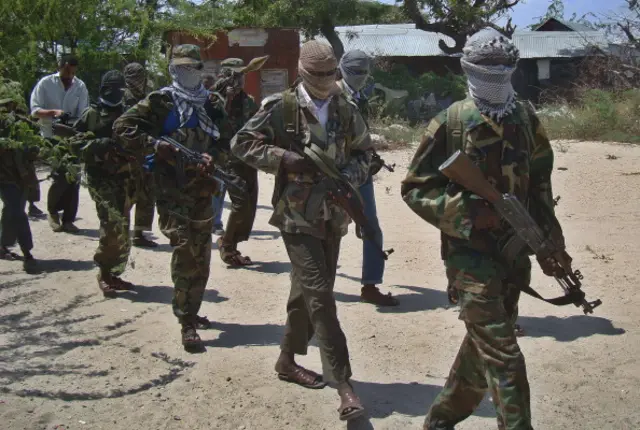Shooting in central Nigeria 'kills 11'published at 10:49 GMT 8 November 2017
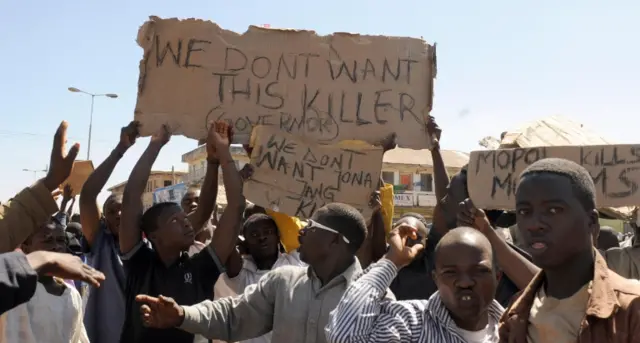 Image source, AFP
Image source, AFPPlateau state is used to violence. Here, people in the capital Jos protest after hundreds were killed in 2008
Eleven people have been shot dead as they made their way home from a village market in central Nigeria.
Several others were wounded in the attack in Plateau state - an area which has enjoyed relative peace over the last two years.
The BBC's Is'haq Khalid, in Abuja, said their vehicle was ambushed near Rim village in Riyom area.
Residents say the attackers were seen in military uniform, but the authorities say only investigations will unravel the true identity of the assailants, our reporter adds.
Plateau state police commander Terna Tyopev told Nigerian newspaper the Premium Times police were on the trail of the killers.
He said:
Quote MessageNo arrest yet, but investigation are ongoing, and we shall definitely get to the roots of this."
The area is used to bloodshed, despite its recent calm.
In the past, thousands of people were killed in more than a decade of ethnic and religious violence as well as clashes between farmers and herdsmen in the area.
Pockets of violence have begun to pop up again, however. More than 30 people were killed last month during raids on their villages.

